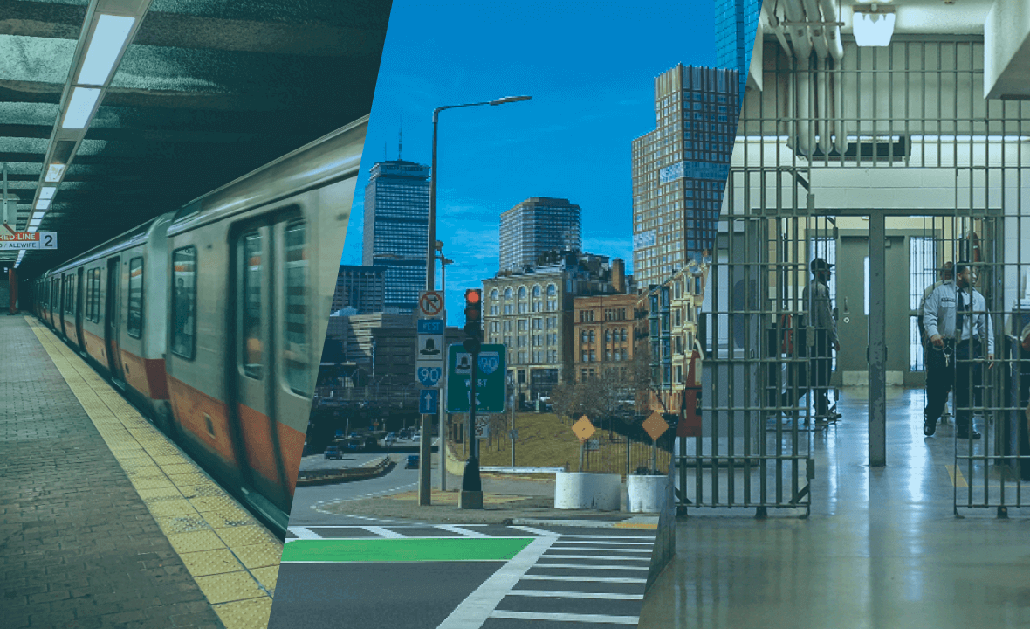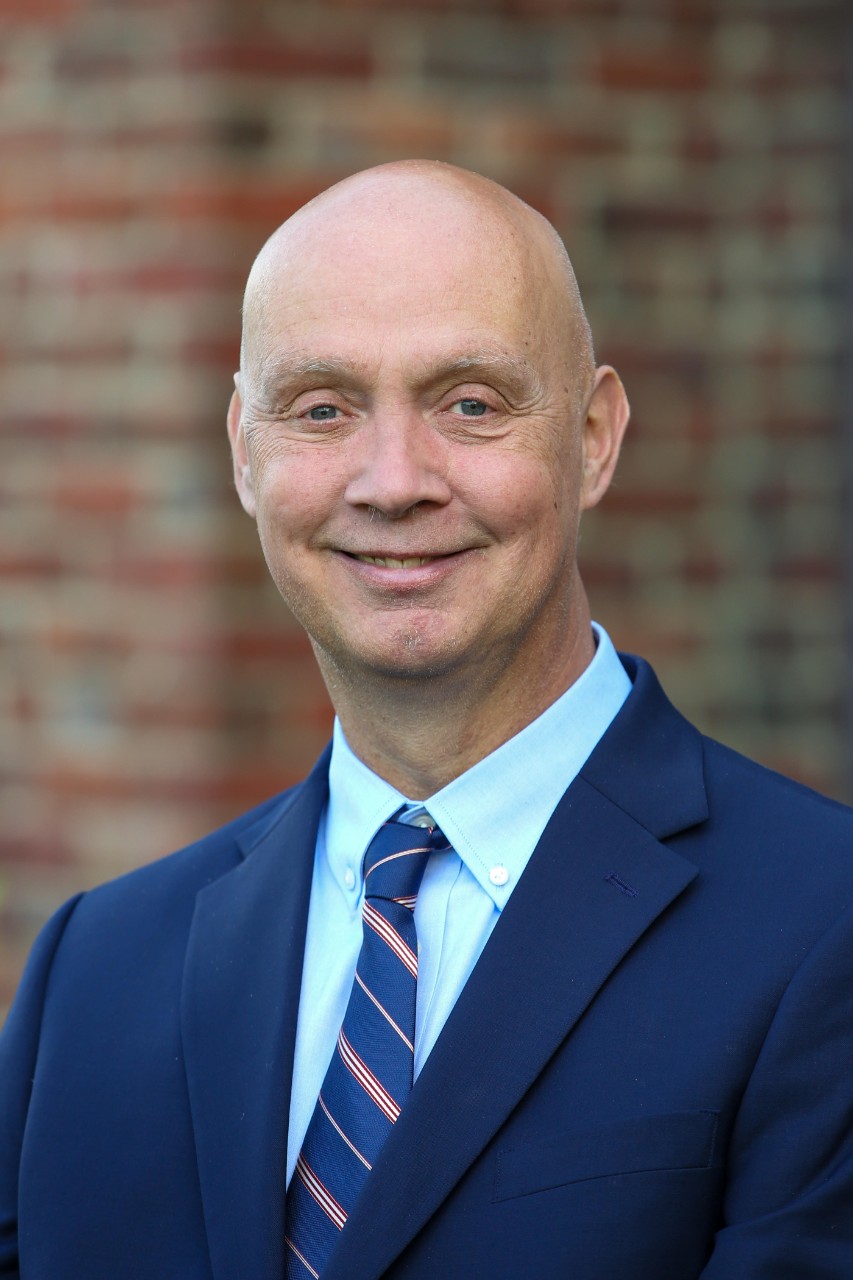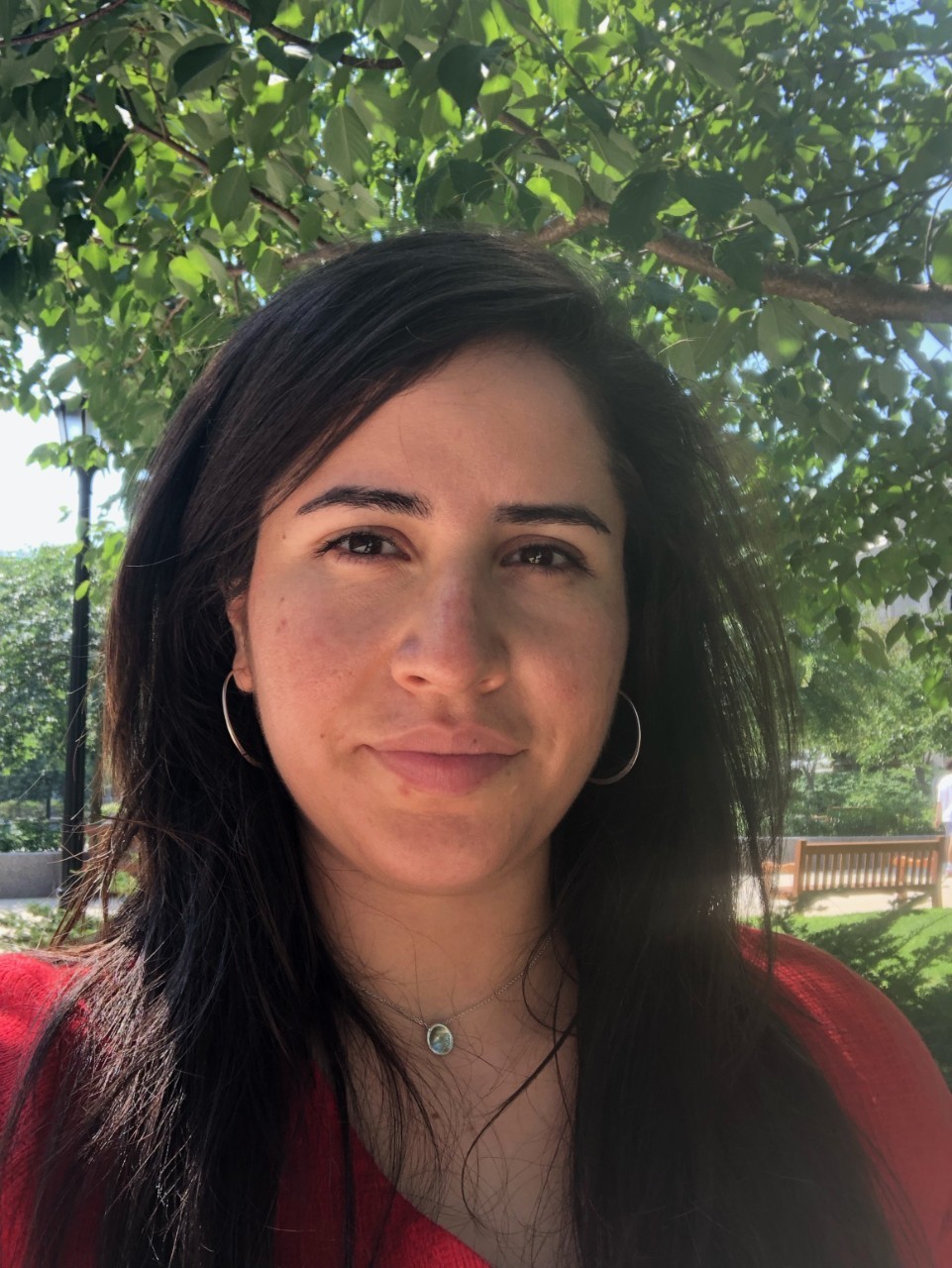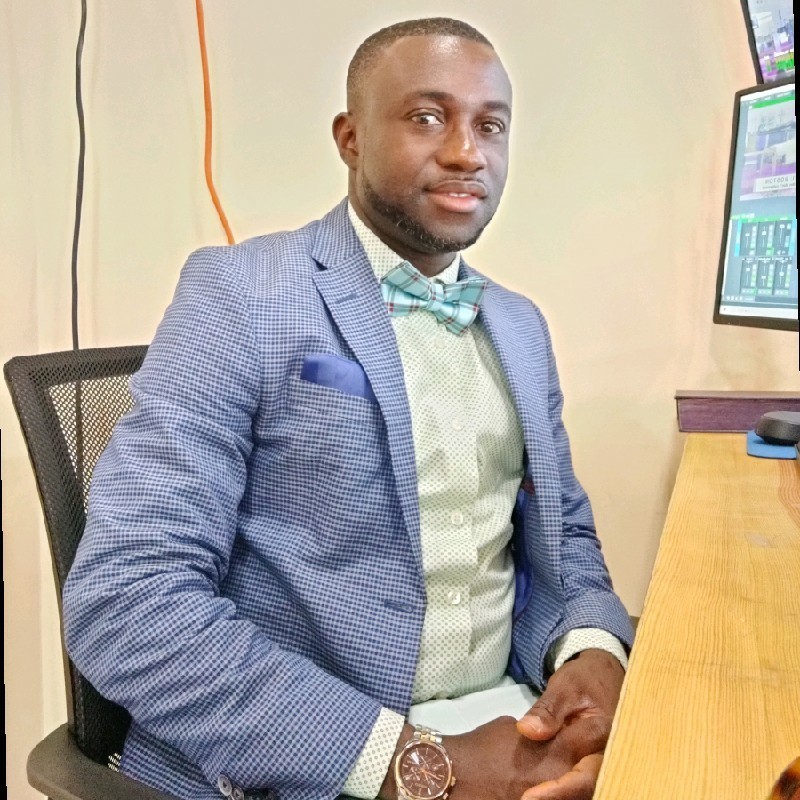
Photo courtesy of the Rappaport Institute for Greater Boston.
Four master’s students in the Boston College School of Social Work have received summer fellowships from the Rappaport Institute for Greater Boston, a research and policy center at Harvard University that encourages graduate students to spend part of their careers in public service.
Melissa Bustillo, Musa Kamara, Aanandita Shrestha, and Vincent Sweeney will work for state and local agencies in Boston for 10 weeks, helping public officials tackle key issues such as education, immigration, and substance use disorder.
Sweeney will team up with the Boston Mayor’s Office of Housing to strengthen support services for people living in hotels and makeshift cottages across the city. He will focus on improving programs for nearly 200 previously unsheltered people who have been relocated from tents in an area of Boston known as “Mass and Cass,” which has become the epicenter of the opioid crisis in Massachusetts.
Between November and January, Boston moved 145 people from the encampment at the intersection of Massachusetts Avenue and Melnea Cass Boulevard to transitional housing, where they have been connected to behavioral health and medical care. But Sweeney is hoping to further bolster the support they receive, with a particular emphasis on decentralizing recovery and treatment services so that they won’t always have to return to Mass and Cass for help.
“Our goal is to create services to help them pay their rent, keep a roof over their heads, and connect them to community providers so they won’t have to go back to Mass and Cass for everything,” says Sweeney, a rising second-year student in the global field of practice who worked in nursing before enrolling at BC in 2020. “We have Boston Medical Center, a couple of methadone clinics, and a couple of homeless shelters near Mass and Cass. It’s just a confluence of services that attracts people to that area.”

Vincent Sweeney. Photo courtesy of the Rappaport Institute for Greater Boston.
Sweeney credits his internship at the Grayken Center for Addiction at Boston Medical Center with preparing him for the fellowship, which was awarded to a total of 20 graduate students from 13 schools this year. He says he developed an interest in harm reduction, a public health strategy that aims to decrease the negative effects of opioid use, and got a close look at the public health crisis on Mass and Cass.
As he collected data on patients who had been involuntarily committed to the center, BMC partnered with the City of Boston to open a hotel for people living in the encampment. “I really had a front row seat for something that was all over the news,” he says.
Like Sweeney, Bustillo will work with an agency to develop a program that supports a particular population. She will help the Massachusetts Department of Elementary and Secondary Education create its Playful Learning Institute, which will position play as a crucial strategy to build knowledge, language skills, and social competencies in children in pre-K to grade 3.
In particular, Bustillo will meet with stakeholders to discuss the ins and outs of the institute and use the department’s Racial Equity Decision-Making Tool to determine whether it is likely to advance equity. The tool, according to a public memo to members of the Massachusetts Board of Elementary and Secondary Education, features a set of questions that are intended to guide decision making to explicitly center equity in the design of policies, practices, and programs.
“My first year of the MSW program has instilled in me the importance of considering my own implicit biases in the work I do to increase equity, inclusion, and access to services,” says Bustillo, a rising second-year student who belongs to the school’s Latinx Leadership Initiative, which prepares students to work with Latinx clients. “I’ll be looking at who will benefit from the Playful Learning Institute, how they will benefit, how the benefits will be given, and the potential barriers.”

Melissa Bustillo. Courtesy photo.
As a native of El Salvaor, Bustillo is interested in how policies and programs impact people whose first language is not English. One of the primary questions driving her pursuit of an MSW is: “How do we create more equity for folks that are English learners?”
She says she has honed four soft skills as a graduate assistant at the Center for Teaching Excellence at BC that she plans to apply to her work at the Department of Elementary and Secondary Education: communication, collaboration, curiosity, and diligence.
“From my colleagues at the CTE, I have learned the value of intentional open communication and how collaboration can organically unfold in a setting that provides everyone a voice and the space to explore their specific interests,” she says. “The CTE cultivates the importance of curiosity and diligence in research and testing, which I will also use during my time with DESE.”
Both Kamara and Shrestha will focus on improving the lives of immigrants in Greater Boston. Kamara will work for the Massachusetts Department of Public Health, where he will focus on creating strategies to make it easier for parents to access mental health services for their children.
“I want to make sure that immigrant families whose children need special help know where they can get it from,” says Kamara, a rising second-year student in the global practice program. “The process can be robust, the process can be daunting. And for parents, it can be a challenge to navigate.”

Musa Kamara. Courtesy photo.
His fellowship will build on his internship experience at the Massachusetts Immigrant & Refugee Advocacy Coalition, where he advocated for immigrants who had been granted Temporary Protected Status to live and work in the United States for a limited time because of armed conflicts or natural disasters in their countries of origin.
“Advocacy and policy formulation go side-by-side,” says Kamara. “There is no way you’re going to be able to implement a policy if you don’t do the groundwork of advocacy.”
His long-term career plan is to return to his home country of Sierra Leone and use what he has learned as a student at BC to “reduce health disparities and mitigate human suffering.” He hopes to apply what he has picked up as a member of BCSSW’s Black Leadership Initiative, a cohort-based program that trains students to tap into the history and culture of the African diaspora in order to address the needs of Black clients.
“Now I’m getting the skills to unlock the answers,” says Kamara, who chose BC for the BLI. “The program has opened my eyes to what it means to be somebody who is Black, coming from Africa, and then going back there to work with people on these issues.”
During her internship at the Boston Mayor’s Office for Immigrant Advancement, Shrestha helped run a program that provides culturally and linguistically sensitive care to immigrants. She says that she and two colleagues had pinpointed a need for non-clinical mental health services such as yoga, meditation, and peace circles, noting that “we wanted to offer an alternative to Western talk therapy because that’s usually not what immigrant communities are seeking.”

Aanandita Shrestha. Courtesy photo.
As a Rappaport Fellow, Shrestha will return to MOIA to continue working on the project. Over the summer, she will analyze the outcomes of six grants to nonprofits that provide non-clinical mental health services to immigrants.
“We’re hoping that these practices can promote well-being, reduce the severity of mental health conditions in immigrant communities, and act as alternatives to Western individual talk therapy,” says Shrestha, a rising second-year student on the mental health track.
Her interest in working with immigrants stems from her childhood in Nepal, where a civil war killed 19,000 people from 1996 to 2006. It was growing up in the midst of this violence, she says, that made her realize that she wanted to advocate for people whose rights have been stifled because of social injustices.
After graduating next year, she hopes to continue working in government and taking a community-based approach to improve mental health equity for immigrants. “I think the community-based approach of social work is the most effective tool to make positive changes for affected populations who are excluded from full participation in society,” she says.


